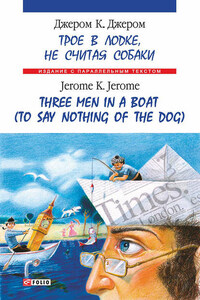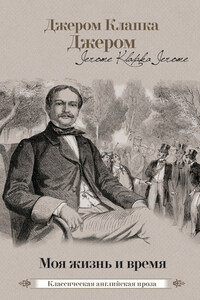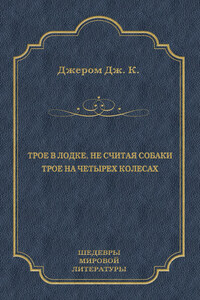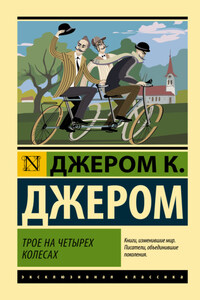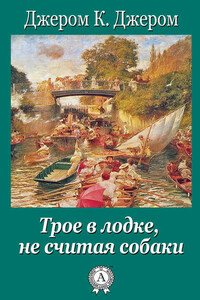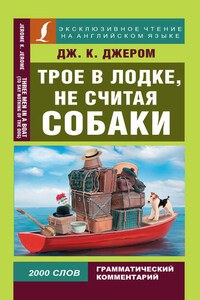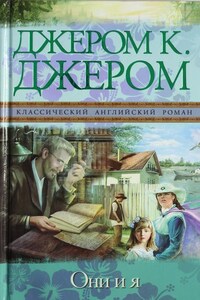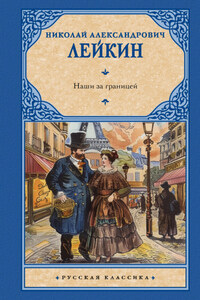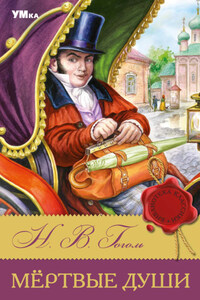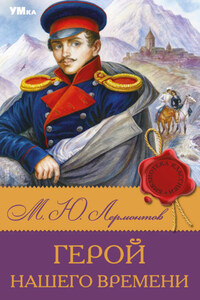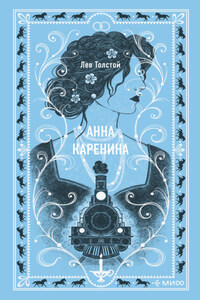The chief beauty of this book lies not so much in its literary style, or in the extent and usefulness of the information it conveys, as in its simple truthfulness. Its pages form the record of events that really happened. All that has been done is to colour them; and, for this, no extra charge has been made. George and Harris and Montmorency are not poetic ideals, but things of flesh and blood – especially George, who weighs about twelve stone. Other works may excel this in depth of thought and knowledge of human nature: other books may rival it in originality and size; but, for hopeless and incurable veracity, nothing yet discovered can surpass it. This, more than all its other charms, will, it is felt, make the volume precious in the eye of the earnest reader; and will lend additional weight to the lesson that the story teaches.
Головна принада цієї книжки не стільки в літературному стилі чи повноті й корисності відомостей, що містяться в ній, скільки в її щирій правдивості. Її сторінки – це звіт про події, що відбувались насправді. Я лише трішечки прикрасив їх і не прошу за це доплати. Джордж, Гарріс і Монтморенсі – не ідеальні витвори поетичної фантазії, а істоти цілком матеріальні, особливо Джордж, що важить близько ста сімдесяти фунтів. Мабуть, інші книжки перевершують цю глибиною думки і знанням людської природи; інші книжки можуть змагатися з нею за оригінальністю й обсягом; але щодо безнадійної, невиліковної правдивості жоден з відомих досі творів не зрівняється з нею. І я гадаю, що з усіх її принад саме ця зробить книжку неоціненною для вдумливого читача й додасть іще більшої ваги тій науці, яку з неї можна здобути.
Лондон, серпень 1889 року.
Three Invalids – Sufferings of George and Harris – A victim to one hundred and seven fatal maladies – Useful prescriptions – Cure for liver complaint in children – We agree that we are over-worked, and need rest – A week on the rolling deep? – George suggests the River – Montmorency lodges an objection – Original motion carried by majority of three to one.
There were four of us – George, and William Samuel Harris, and myself, and Montmorency. We were sitting in my room, smoking, and talking about how bad we were – bad from a medical point of view I mean, of course.
We were all feeling seedy, and we were getting quite nervous about it. Harris said he felt such extraordinary fits of giddiness come over him at times, that he hardly knew what he was doing; and then George said that he had fits of giddiness too, and hardly knew what he was doing. With me, it was my liver that was out of order. I knew it was my liver that was out of order, because I had just been reading a patent liver-pill circular, in which were detailed the various symptoms by which a man could tell when his liver was out of order. I had them all.
It is a most extraordinary thing, but I never read a patent medicine advertisement without being impelled to the conclusion that I am suffering from the particular disease therein dealt with in its most virulent form. The diagnosis seems in every case to correspond exactly with all the sensations that I have ever felt.
I remember going to the British Museum one day to read up the treatment for some slight ailment of which I had a touch – hay fever, I fancy it was. I got down the book, and read all I came to read; and then, in an unthinking moment, I idly turned the leaves, and began to indolently study diseases, generally. I forget which was the first distemper I plunged into – some fearful, devastating scourge, I know – and, before I had glanced half down the list of “premonitory symptoms,” it was borne in upon me that I had fairly got it.
I sat for a while frozen with horror; and then in the listlessness of despair, I again turned over the pages. I came to typhoid fever – read the symptoms – discovered that I had typhoid fever, must have had it for months without knowing it – wondered what else I had got; turned up St. Vitus’s Dance – found, as I expected, that I had that too – began to get interested in my case, and determined to sift it to the bottom, and so started alphabetically – read up ague, and learnt that I was sickening for it, and that the acute stage would commence in about another fortnight. Bright’s disease, I was relieved to find, I had only in a modified form, and, so far as that was concerned, I might live for years. Cholera I had, with severe complications; and diphtheria I seemed to have been born with. I plodded conscientiously through the twenty-six letters, and the only malady I could conclude I had not got was housemaid’s knee.
I felt rather hurt about this at first; it seemed somehow to be a sort of slight. Why hadn’t I got housemaid’s knee? Why this invidious reservation? After a while, however, less grasping feelings prevailed. I reflected that I had every other known malady in the pharmacology, and I grew less selfish, and determined to do without housemaid’s knee. Gout, in its most malignant stage, it would appear, had seized me without my being aware of it; and zymosis I had evidently been suffering with from boyhood. There were no more diseases after zymosis, so I concluded there was nothing else the matter with me.
